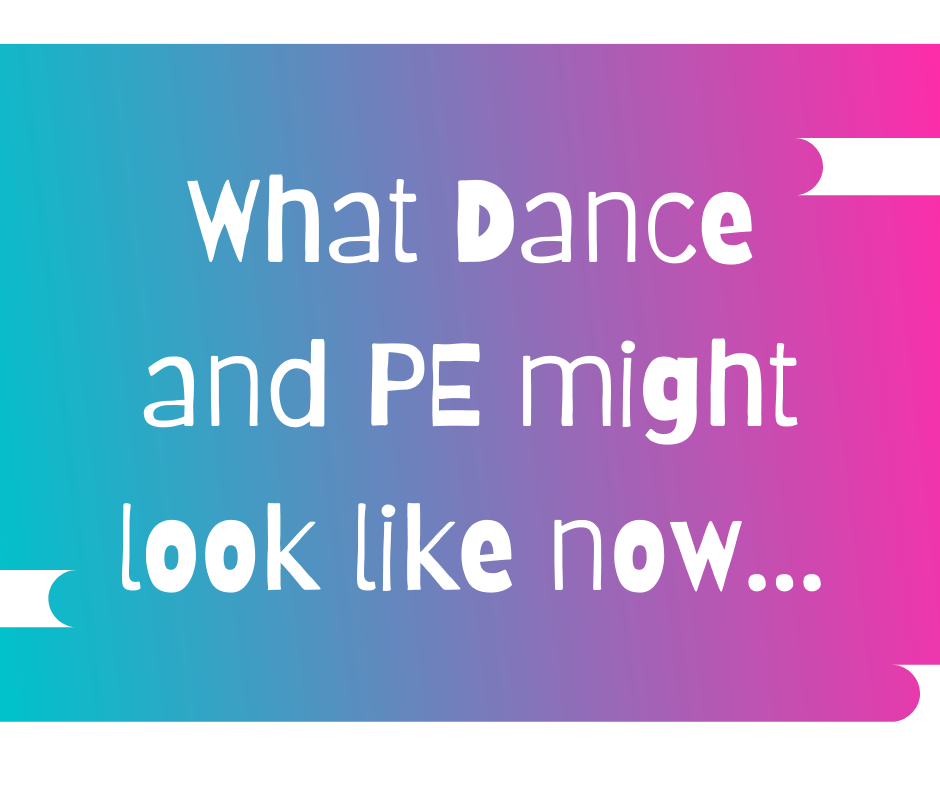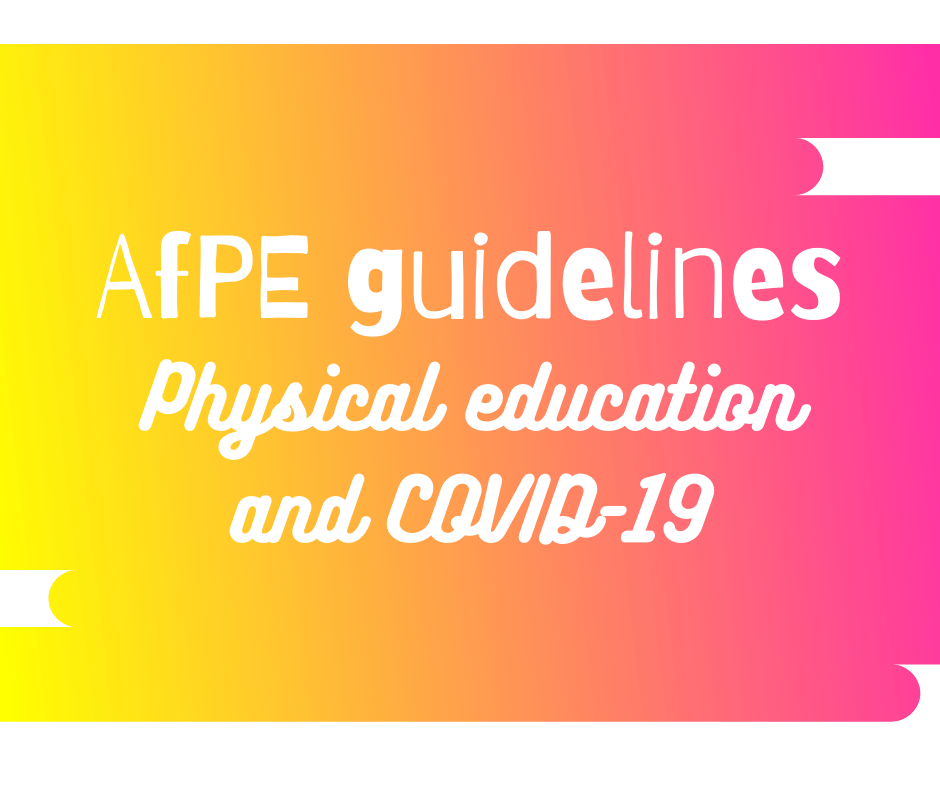If you've read the AfPE guidelines (or our recent blog about it here) you will…
What makes a good dance teacher?
I’m fairly new to LinkedIn and have been exploring it over the last few months. Whilst getting to grips with it, I stumbled across a really interesting discussion in the ‘Dance Teaching, Coaching and Training’ group. A member posted the following statement: ‘define a “good” dance teacher’ and the responses (all 58 and still growing) are absolutely fascinating. It’s a really great read and if you’re interested, the link to the discussion is here.
The discussion got me thinking and this is my response…
What makes a good dance teacher? I think a lot of it depends on the context – what age, style of dance, ability of the class that you teach. I wouldn’t deliver a dance class for the over 60s in the same way that I would teach year 6 children. It is crucial to understand the nature of the class that you teach and the best teaching strategies to engage them with your content. I think all teachers (not just in dance) have niche areas – groups that they naturally connect with and groups they don’t. For me, I know I connect best with Primary-aged children and older people. These are two groups that I love teaching and feel a natural affinity to, so much so that I specialise in these areas. In contrast, I struggle with teenagers and somehow feel I don’t get them and they don’t get me! I would advise anyone starting out in their teaching career to teach in as many different contexts as possible, giving yourself opportunity to find your own niche areas and what works best for you.
In any class you teach, there must be trust – the participants need to feel that you are the expert and that it is safe (physically and mentally) to take part. As much of what I deliver involves creative dance, a big part of my teaching is about enabling opportunities for children to explore their bodies. They are already experts in movement so I am supporting their journey of discovery, which will be unique to every individual.
A good teacher must be able to reflect on each class, evaluate their effectiveness and make improvements in the next session. Don’t be afraid to ask for feedback – constructive criticism will help you to progress. I still have to remind myself that my sessions don’t have to be perfect and that I will forget to include something in my class, have technical problems with the dock, not explain myself clearly enough…But as long as I recognise my mistakes and make improvements in response to them, I will continue to develop my own practice and become a better teacher.
A good dance teacher must dance! We need to be the best role models possible and therefore continue going to class and being a student ourselves. And I love attending courses. There will always be new information you can implement in your own practice.
Please add your own thoughts in the comments below – what do you think makes a good teacher? And join the discuss on LinkedIn.



